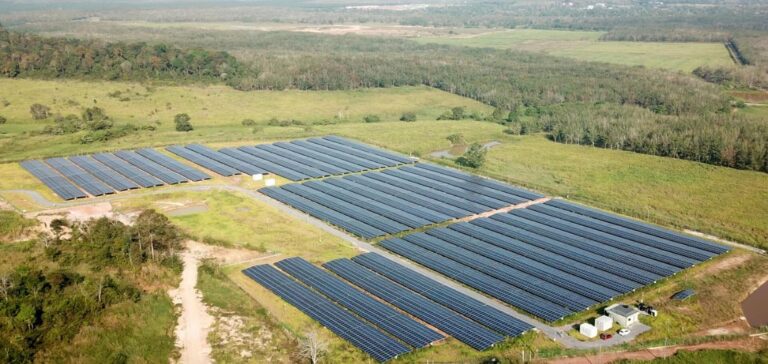The Malaysian Ministry of Energy and Natural Resources announces the fifth round of its Large Solar System (LSS5) tender. This new phase offers considerable opportunities for the expansion of large-scale solar energy in the country, while encouraging the participation of local businesses. The announcement provides for a total capacity of 2 GW, more than double what was available in the fourth round of the program in 2021. The first package includes 250 MW of rooftop and ground-mounted solar power plants, with authorized generation capacities ranging from 1 MW to 10 MW. The latter is open to companies with at least 51% Bumiputera (reference to Malays and indigenous peoples of Malaysia) ownership registered as small and medium-sized enterprises (SMEs) with SME Corp Malaysia.
Opportunities for Consortia
The second package also includes 250 MW of solar power plants, but with authorized generation capacities ranging from 10 MW to 30 MW. It is open to companies with at least 51% Bumiputera ownership, or to consortia with at least one Bumiputera company holding at least 51% of the shares. The third package covers 1 GW of rooftop and ground-mounted solar power plants, with authorized generation capacities ranging from 30 MW to 500 MW.
Focus on floating solar energy
The fourth package offers 500 MW and concerns floating solar power plants with authorized generation capacities ranging from 10 MW to 500 MW. The last two packages are open to companies incorporated in Malaysia with a minimum of 51% local Malaysian shares.
The solar power plants developed as part of LSS5 are scheduled to come on stream in 2026. Interested developers can submit proposals until April 16, for a fee of MYR 3,000 (USD 631). Bids can be submitted to the Energy Commission until July 25. According to the International Renewable Energy Agency, Malaysia had installed 1,933 MW of solar power by the end of 2023.






















